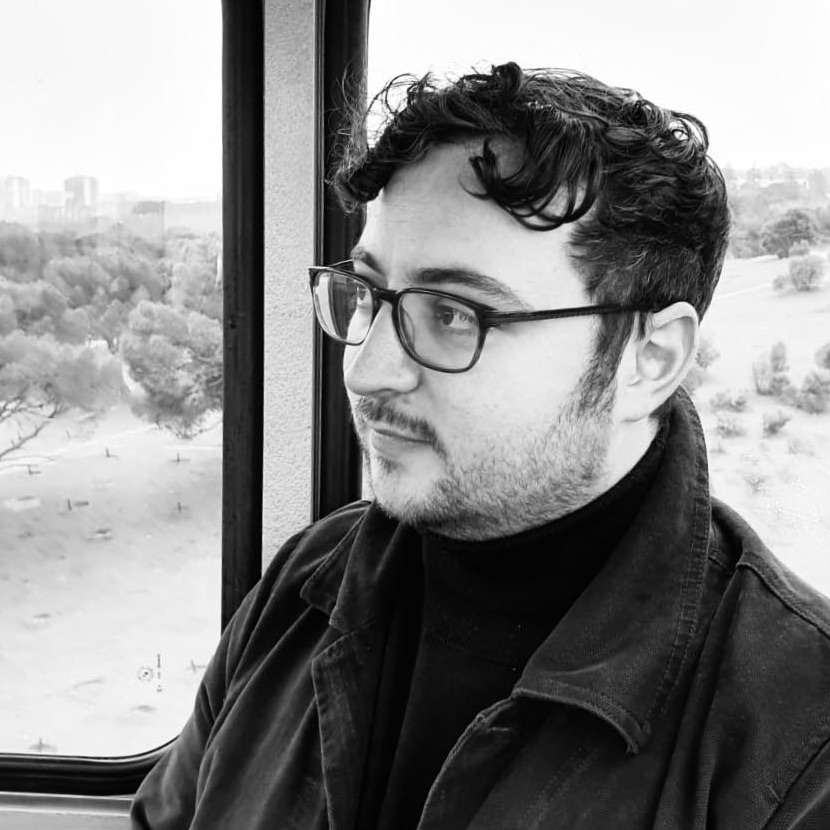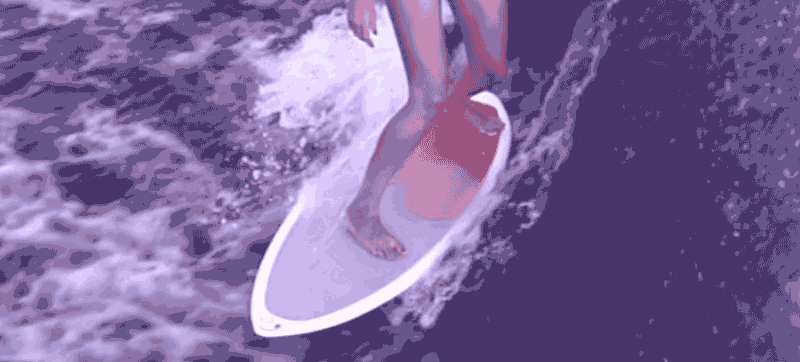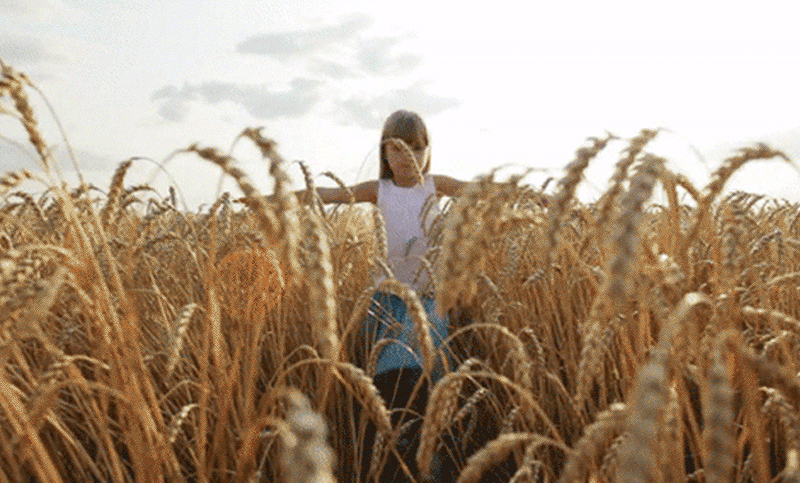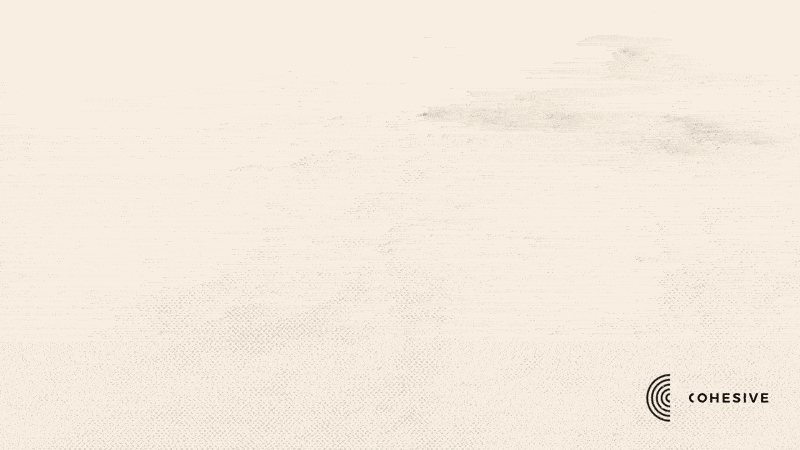The last year and a half has been a rollercoaster of emotions. Waves of grief, fear and anxiety rocked each of us to our core as shit piece of news followed shit piece of news. We’ve relied on deep reserves of kindness, gratitude and mindfulness that we didn’t even know we had, but fear for how much longer they will last.
With every new precaution, every new regulation or recommendation, came fear in bucketloads. The regulations are lifting quickly. State-made recommendations are evaporating day by day. But the fear they brought with them will take much longer to shift. If we’re to see each other through the process of decoupling ourselves from the phantom of fear we’re going to need to stay resilient and be even more radically compassionate towards each other.
Are the ‘freedoms’ we get now worth anything if they’re paid for with the fears of others?
It’s unfortunate that the language of freedom has come to be common vocabulary as we talk about the relaxing of mandates to ensure public safety. It’s led to an angry and emotional ‘us and them’ mentality which fires division. Sections of society have cast themselves as ‘freedom fighters’, often targeting their campaigns on specific policies such as the compulsory use of face coverings.
This week Waterstones has been trolled for saying they’ll continue asking customers to wear masks after July 19th. It raises interesting questions about personal responsibility, our relationship to the communities in which we live, and what kind of society we want to live in.
The balance at present, at least in the UK, seems to be guided by the utilitarian principle of bringing the greatest happiness to the greatest number of people, even if that means a small number of people are very miserable indeed. Most people will be relatively safe if public health laws are lifted. Most people. That leaves many, including some of our most vulnerable, who will continue to live in fear. That doesn’t sound like the kind of society I want to live in. Don’t we have a duty to ensure that we emerge together through the nightmare we endured together?
Well, how are we going to do that?
The only way we can proceed with any degree of cohesion is to do so slowly. And I don’t mean the timescale by which laws change; those are decisions for public health experts and politicians. I mean with a slow and prudent patience for how we treat each other. Before we rush up and hug the friend we haven’t seen for months, or invite a neighbour round for dinner – regardless of whether or not it is ‘allowed’ or ‘advised’, we should stop and think: Does this person feel the same way as me? Where might they be in their own recovery from fear? Am I privileging my own happiness over their anxieties?
Living this principle is the practice of radical compassion. A powerful form of empathy which carries the imperative to change our behaviour for the sake of alleviating the distress of others.
Apparently opposing concepts, radical compassion combines the cardigan-clad charity of thought that compassion brings, with a punk-haired radical activism. Compassion without action is, essentially, selfish. It makes us feel better about our privileges, but it doesn’t do very much to improve things for our neighbours. In the months that follow active compassion, radical compassion is called for above everything else.
Becoming compassionate, and radically so
As much as this is about improving the situation for those around us, none of us is of any use to wider society if we are ourselves fraught with fear and anxiety. Yes, you have to put the oxygen mask on your own face before you help others. Audit your own feelings; allow the conflicting emotions, the various personalities we hold within ourselves to show compassion to each other. Learn to reconcile your anger with your anxiety, and acknowledge that this is going to take time.
How can I, scared person, live with the fear, and get back to living with other people again. And then how can I, recovering scaredy cat, help others to do the same?
I don’t pretend to have easy answers for these complex questions, and you should ignore anyone who claims they do. But, for starters, some tips:
- Get the vaccine. If you have the opportunity to take the vaccine, grasp it. It is unequivocally the only way we can get out of this. Besides the public health benefits, being vaccinated will help restore your confidence in being out in the world.
- Go slowly. Start with familiar places maybe, smaller stores or places closer to home. Don’t panic if the first few tries still feel overwhelming. Be patient with yourself and keep trying. Make space for resilience.
- Be self-aware. Recognise what you’re feeling. Name it. Knowing that you’re experiencing re-entry fear will help you see it as something transient. You won’t always be feeling this way.
- Learn to relax. Easier said than done, but essential for your health. Our list of relaxing resources is a good place to start.
- Keep being kind, especially to yourself. Since we first wrote about being kind all those months ago, it’s something we keep coming back to. Don’t forget to keep it up now.
Ok, I’m ready. How do I begin my activism of compassion?
First, who is this for? Why can’t we all just crack on with “getting back to normal” – whatever that’s supposed to mean?
Once you’re feeling okay about being out in the world again, recognise that other people might not be quite there yet. Check in with friends and family, help them take steps towards living a more sociable life. Be patient.
And know that for some people the public safety regulations and guidance over the last eighteen months have represented something of a relaxing of some of the fears they live with every day. For the clinically extremely vulnerable (CEV), there is no such thing as managed risk and every regulation that is relaxed increases the risk. Rebecca Magnus writes about her experience as a clinically extremely vulnerable person, in an open letter to former Health Secretary, Matt Hancock.
"We are not expendable, Minister. We are human beings simply wanting the same legal rights, protections and choices that everyone should be afforded as citizens of this country."
Compassionate activism means listening to vulnerable people, and lending weight to their voices. You could, for example, write to your MP to support Rebecca to “recognise CEV status as a disability under the Equalities Act 2010 Amend the Equalities Act 2010 to include a specific provision to recognise that clinically extreme vulnerability to Covid-19 is a disability.” The new normal is going to need new systems and laws, and you can step up to help shape them.
Compassionate activism means nobody gets left behind
So, to begin we need to prepare ourselves, and keep on preparing ourselves; to listen to those who need to be listened to, and keep on listening; educate ourselves, and keep on educating ourselves. Keep on. Keep on.
Make space in your life now for the resilience we’re all going to need; this is just the end of the beginning.





What do you think?